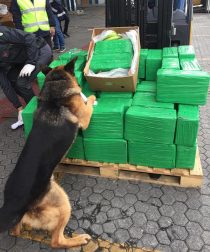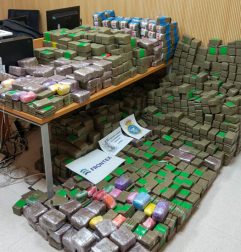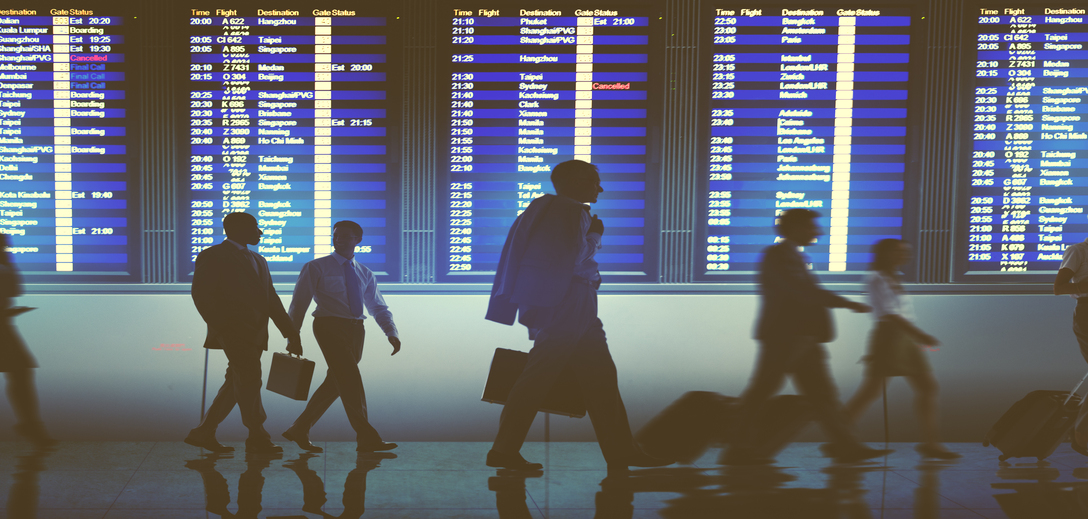Frontex, the European Border and Coast Guard Agency, is an essential part of Europe’s efforts to safeguard the area of freedom, security and justice. Frontex also plays a key role in analysing existing and future capacity needs of the law enforcement community, especially with regard to the border and coast guard community and feeding them into the planning and implementation of the EU Research Programmes as well as development of new capabilities.
 One of the areas in which the Agency has a role to play is in preventing, detecting and combating various types of cross-border crime, including drugs and its precursors trafficking – a highly lucrative criminal activity which generates large profits for organized criminal structures from all around the world, adversely affecting EU internal security.
One of the areas in which the Agency has a role to play is in preventing, detecting and combating various types of cross-border crime, including drugs and its precursors trafficking – a highly lucrative criminal activity which generates large profits for organized criminal structures from all around the world, adversely affecting EU internal security.
In 2019 Frontex supported European Member States (EU MS) with significant drugs interceptions in maritime borders, but a variety of drugs was also seized on land routes and even at EU international airports. Frontex closely collaborates with EU MS and other EU Agencies and international organizations in relation to tackling the drugs trafficking phenomenon, offering its portfolio of products and services and embedding this topic under the operational response, including, inter alia, specific pilot projects under Frontex auspices targeting e.g. trafficking drugs in maritime domain. Intensified cooperation under EMPACT/EU Policy priorities related to drugs area also allows for the interaction with the main EU and international actors involved in combat against drugs smuggling. The need for the tailored, accurate, portable and quick-check modern equipment has been observed by many law enforcers deployed in the field, Frontex has the privilege to work with.
The trafficking of drugs by air presents serious challenges to authorities. Passengers arriving from South American countries, a s well as from Africa, smuggling drugs by body packing in cloths or in hold baggage are the typical types of cases at airports. Similar smuggling methods have become popular on sea and land routs as well, usually on ferry connections between ports in the Western Mediterranean and Adriatic. Notably postal packages for receiving or redistributing drugs in Europe have been increasingly used over the past few years. Trafficking through interchanging routes and using various means of transport have become a common modus operandi for concealing the cargo’s place of origin. For more details please refer to this link.
s well as from Africa, smuggling drugs by body packing in cloths or in hold baggage are the typical types of cases at airports. Similar smuggling methods have become popular on sea and land routs as well, usually on ferry connections between ports in the Western Mediterranean and Adriatic. Notably postal packages for receiving or redistributing drugs in Europe have been increasingly used over the past few years. Trafficking through interchanging routes and using various means of transport have become a common modus operandi for concealing the cargo’s place of origin. For more details please refer to this link.
The agency encourages pragmatic initiatives such as BorderSens – a research and innovation project financed by the EU under Horizon 2020 – that could potentially increase the accuracy in the detection of drugs and their precursors.
Also, a new section in Frontex website (available here) provides an easy access to information on activities carried out by the Agency and relevant Horizon projects and thus to a wide range of research and innovation topics, potential products and services, and research and innovation networks of experts and users.

